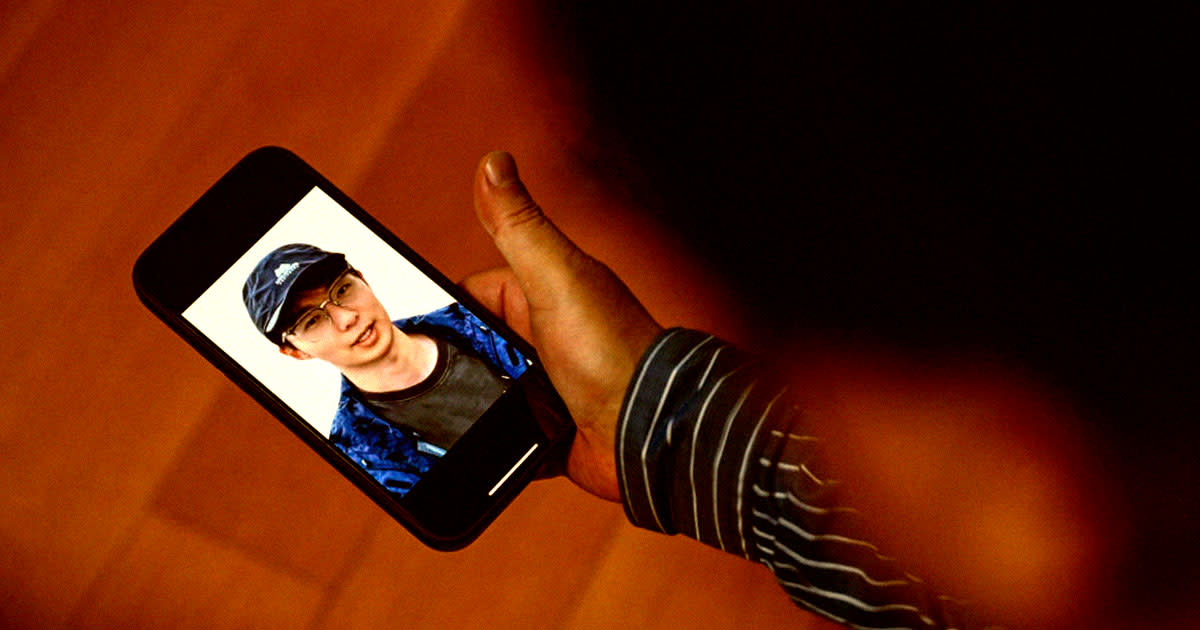People Are Selling AI Clones of Dead Relatives for Just $150

Ghost Bots
In China, the AI cloning of dead relatives has become a thriving cottage industry, driving down prices and spurring technological advances in the years since these kinds of services have been offered.
In an interview with NPR, MIT Tech Review reporter Zeyi Yang discussed the fascinating, if not macabre, industry he covered for a piece at his employer. According to his reporting, mourners can now purchase AI replicas of their deceased loved ones from a variety of companies for as little as $140 or $150, when just a few years ago it would have cost upwards of $1,000.
One of the pioneers of this technology is the Nanjing-based firm Silicon Intelligence, whose cofounder Sun Kai had his engineers create an avatar of his mother after she unexpectedly passed away in 2019. At first, his mother's clone was clunky and repetitive — but the comfort it brought was nevertheless real.
"My mom didn’t seem very natural, but I still heard the words that she often said: 'Have you eaten yet?'" Sun told the Tech Review. "She would always repeat those questions over and over again, and it made me very emotional when I heard it."
Revere the Dead
Confiding in the dead is, as Yang notes, part and parcel of China's ancestor worship traditions. Doing so with the visage of a beloved family member on a screen isn't quite the same thing as writing them letters or burning incense for them during holidays, but adoption has apparently sped up as AI technology has improved.
"So I would say it is catching on, but only a small number for now," Yang told NPR. "I talked to two companies who have done this service for over 2,000 clients combined. Obviously, compared to just 1.4 billion people that are in China, that's still a small number. But they do describe that it has been growing a lot in the past year."
Ethical concerns, of course, remain paramount, but Chinese companies have created these avatars with "explicit consent from immediate family members," Yang claimed.
"Some of them are saying that it shouldn't be just one family member, but all of your surviving family members should agree on replicating you," he explained. "And then they will proceed to it."
Despite China's unique ancestor worship culture, Yang said he could see this sort of "deathbot" or "ghost bot," as some outlets call them, catching on in other countries that have different but compatible relationships with the great beyond.
"I definitely think it can catch on in cultures where there is a tradition to either revere the dead or talk to them," he said, "or just trying to communicate them in whatever spiritual ways."
More on AI resurrections: Internet Horrified at AI App for Cloning Dead Family Members

